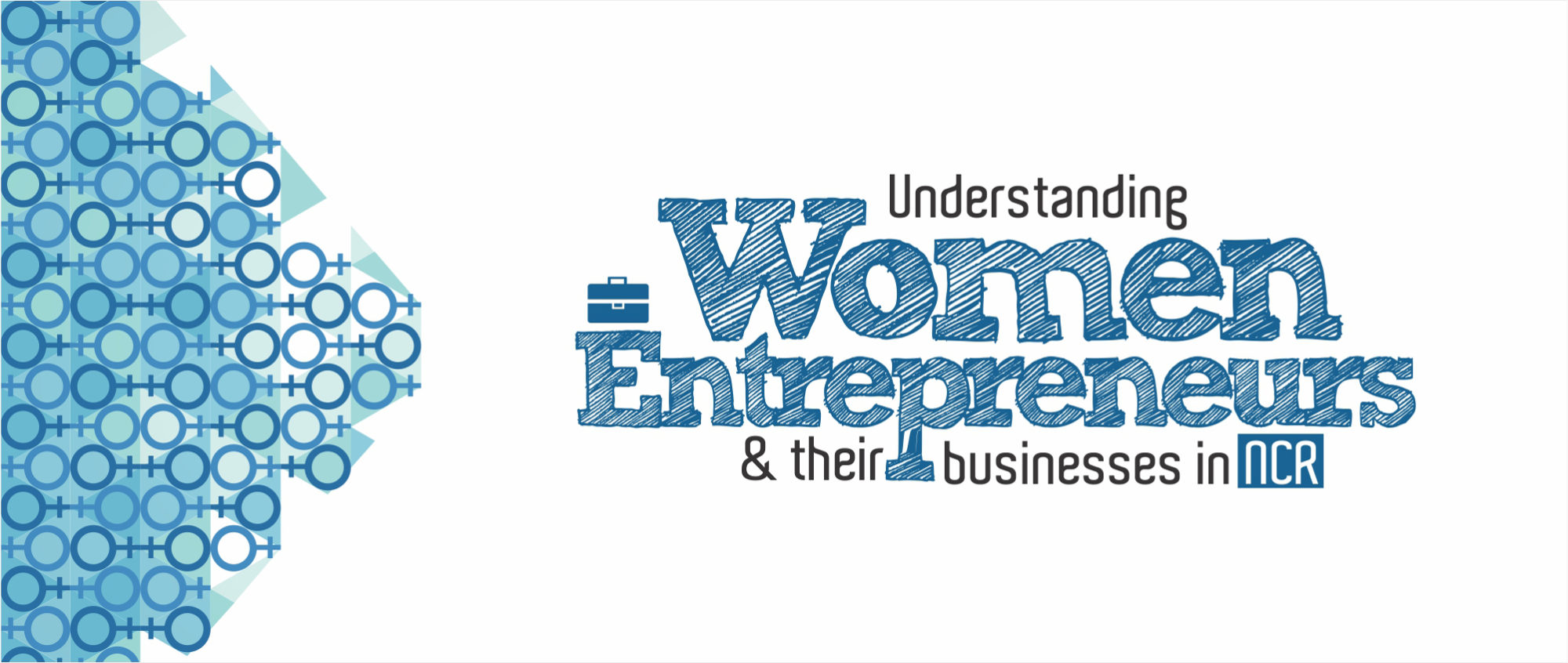
Business Intelligence, Policy Advocacy, Networking, Business Expansion
A British Council study on the social enterprise landscape in India revealed that in comparision to male-led social enterprises, female-led social enterprises tend to focus on improving the lives of women and on education and literacy. They were also more likely than male-led social enterprises to address the needs of children and persons with disabilities. Many women led social enterprises work on empowering women and solving women specific issues. Women Entrepreneurs can not only contribute to the GDP, but can also play a key role in addressing societal challenges. However, the number of women entrepreneurs in India remains relatively low.
In India, a large percentage of women enterprises are micro enterprises that women undertake as a forced economic activity. These micro enterprises can be classified into farm and off-farm enterprises. They rarely achieve scale and serve only to barely sustain the women entrepreneurs and their families.
In rural India, traditionally, a lot of women primary producers can be classified as entrepreneurs. For instance, a dairy farmer who supplies milk to a nearby dairy or household is an entrepreneur. But family responsibilities, traditional social norms and the established patriarchal structure mean that these women entrepreneurs have limited exposure to the outside world. This restricts their mobility and makes them dependent on intermediaries to reach the market or achieve scale.
In many situations, the solutions are available and the main hindrance is the entrepreneur’s lack of knowledge and inability to access the solution. For instance, the StandUp India scheme, launched by the Govt. of India, aims to facilitate bank loans of Rs.10 lakh-Rs.1 crore to at least one Scheduled Caste (SC) or Scheduled Tribe (ST) and one-woman beneficiary per bank branch for setting up a greenfield enterprise in trading, services or manufacturing sector. But many women entrepreneurs, and even more so rural women entrepreneurs, are not able to access schemes like this, due to lack of awareness.